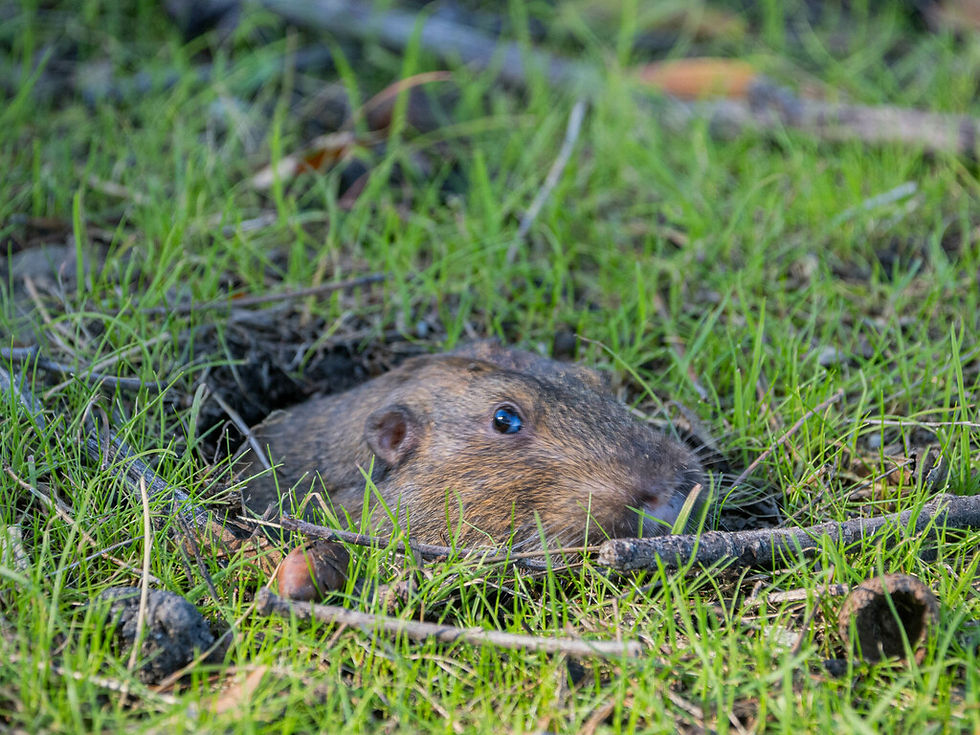Why Keeping The Environment Clean is Our Responsibility
- Sophie Fowler
- Jun 2, 2025
- 2 min read
Over the past three months, I have been learning about the countless environmental injustices in my Race, Gender, and Environmental Justice class at Santa Clara University. One central theme we explored in class is recognizing the environment as having its own autonomy and rights. This idea directly challenges the dominant view in our society: nature is a resource that we as humans are entitled to. Instead, it embraces a worldview rooted in respect and reciprocity.
Indigenous cultures have long embodied this way of thinking. Their relationship with the environment is not hierarchical but interdependent. In their tradition, humans and non-humans have their own agency, unique knowledge, and language. The values of interdependence, responsibility, reciprocity, and mutual care guide the interactions between people and the land. I believe that we should all take a page from their book and begin to treat the nature around us as sacred, something worth fighting for.

My volunteer work with Keep Coyote Creek Beautiful has deepened my understanding of the framework we’ve been studying in class—one that emphasizes the interconnectedness and reciprocal relationship between humans and the environment. Participating in creek cleanups and habitat restoration has allowed me to experience this worldview tangibly. While I was always aware of the litter problem in the United States, seeing the pounds of waste scattered along the creek made the issue feel immediate and personal. Physically picking up trash and filling bag after bag brought a new level of awareness and urgency to what we’ve been learning. Yes, we can learn about these environmental injustices, but the act of physically going out and making an impact is what counts.
These cleanups have not only opened my eyes but also instilled a greater sense of gratitude and responsibility. As I removed trash and invasive plants, I felt a strong connection to the Earth and a duty to care for it. I now see that my efforts, though they may seem small in the grand scheme of things, do have a meaningful impact. They protect wildlife from ingesting harmful waste, prevent toxic chemicals from polluting our water, and help preserve a clean, safe environment for all human and non-human community members.
Mother Earth provides us with water, food, air, and life, yet society often neglects to give back. While they may seem small regarding the world litter issues, these acts of restoration are my way of reciprocating the love and sustenance that the Earth continuously offers.
So why is it our responsibility to keep the environment clean? It is simple: It is because we are a part of the environment. We humans are not separate from nature; what happens outside our bodies directly impacts what happens inside our bodies. We must care about our environment if we want to continue thriving and living authentically. We must take care of nature if we wish for it to continue to take care of us and our future generations.









Comments